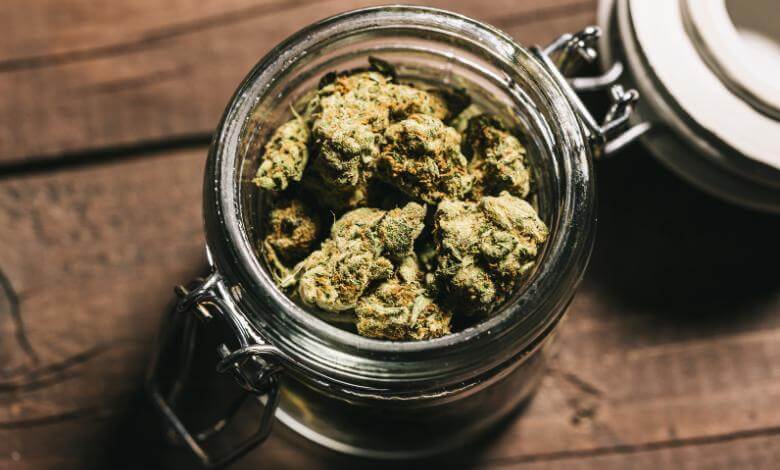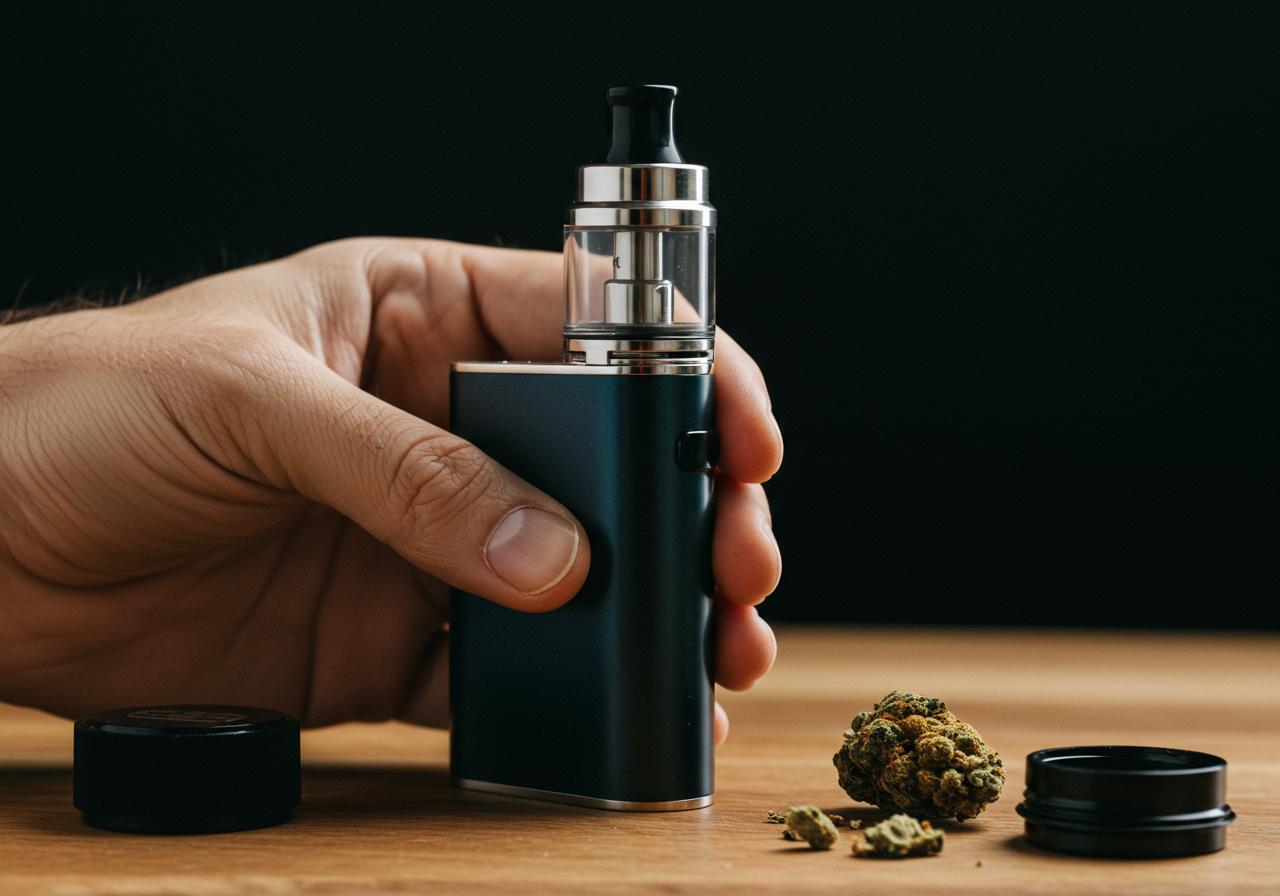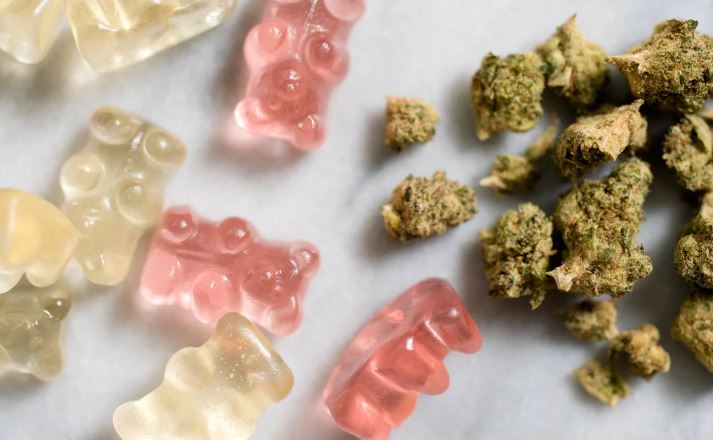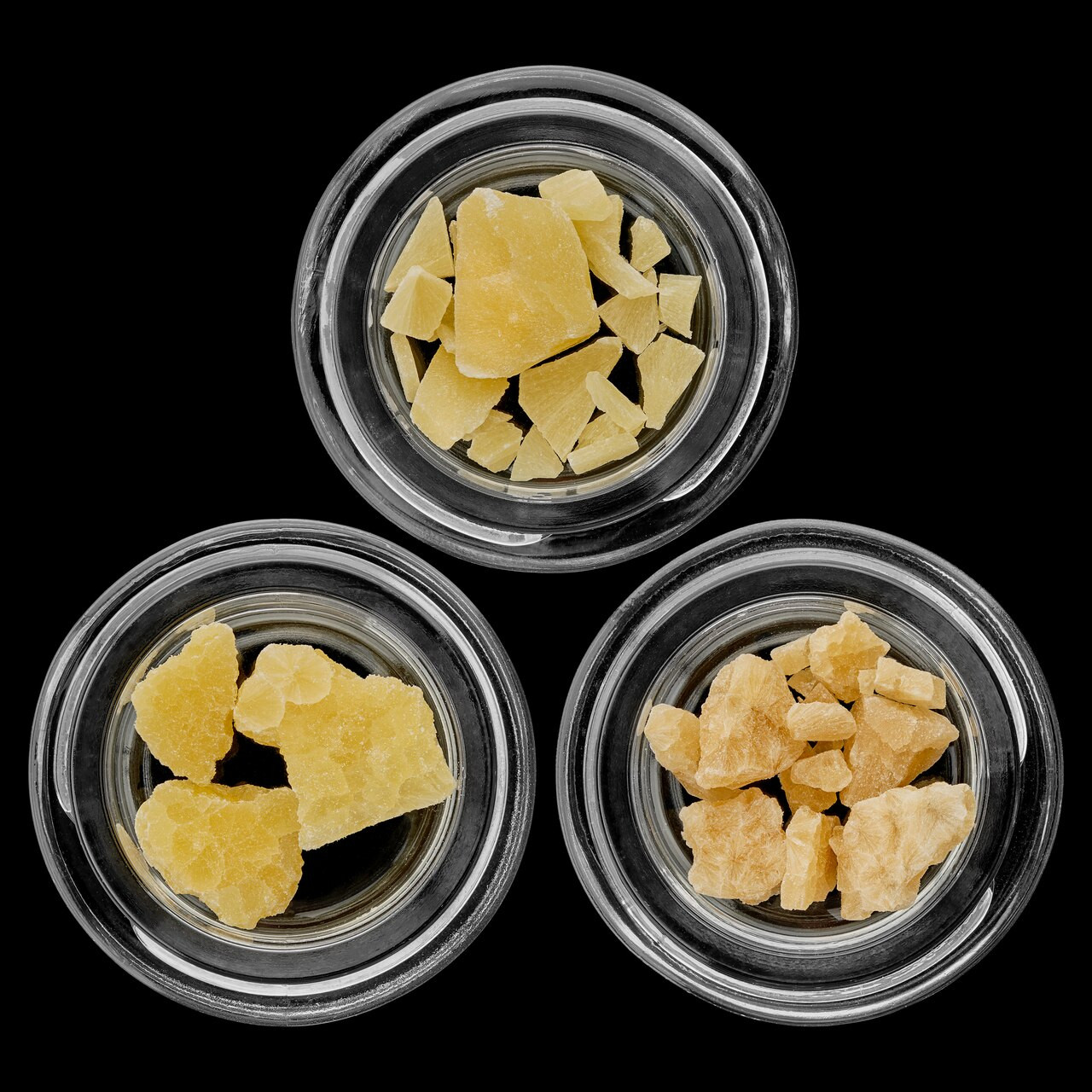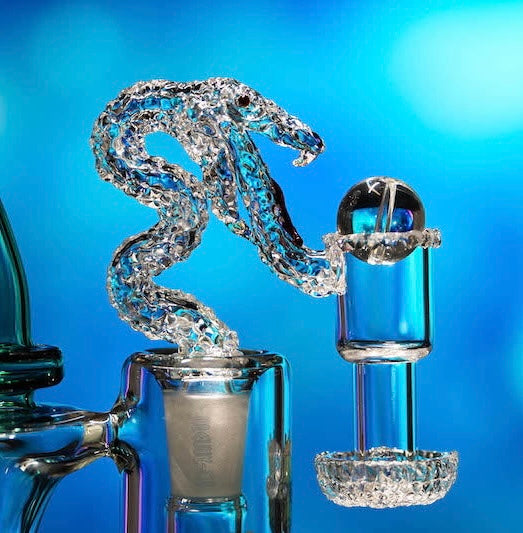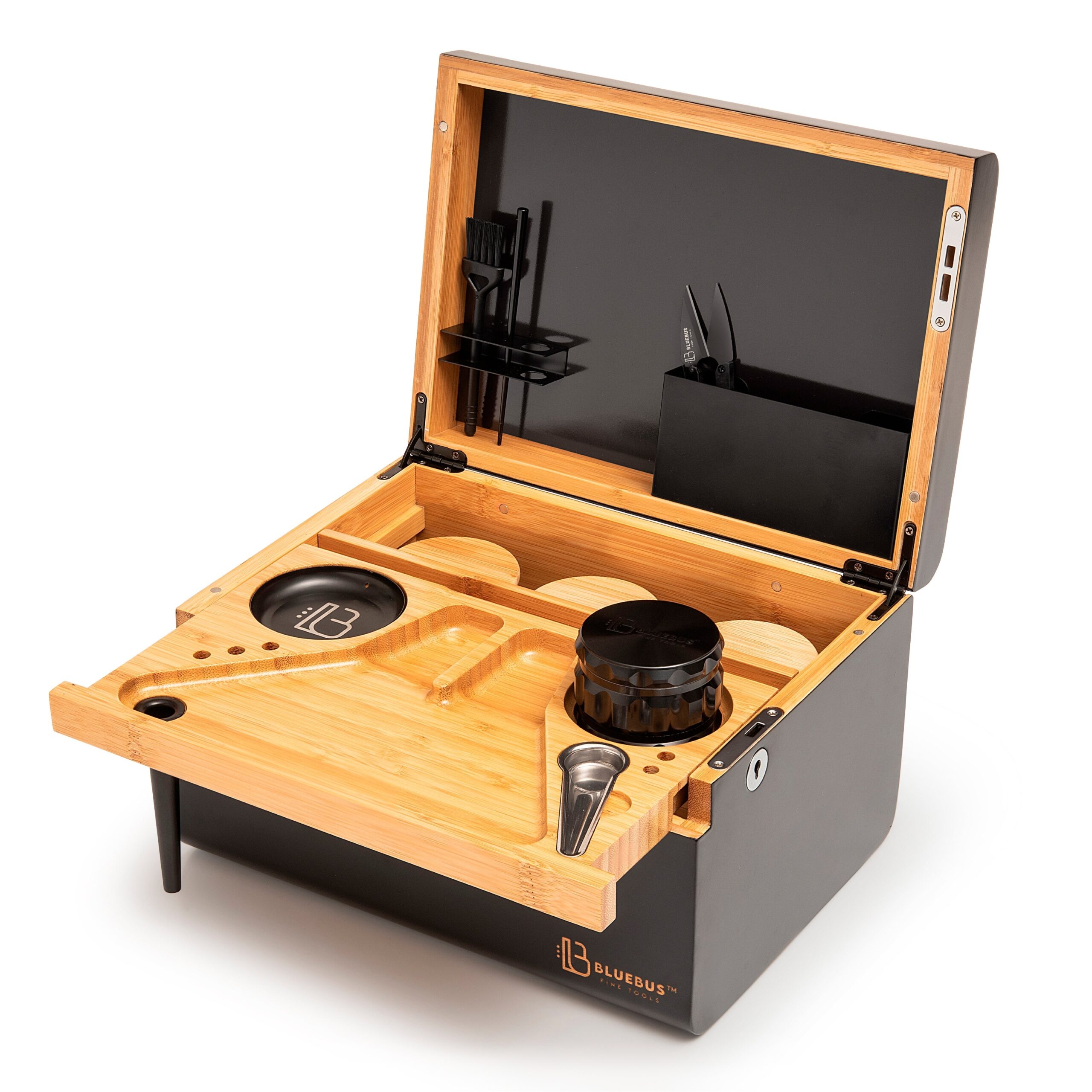How to Get Weed Out of Your System
Published on September 8, 2023
Last Updated on September 8, 2023
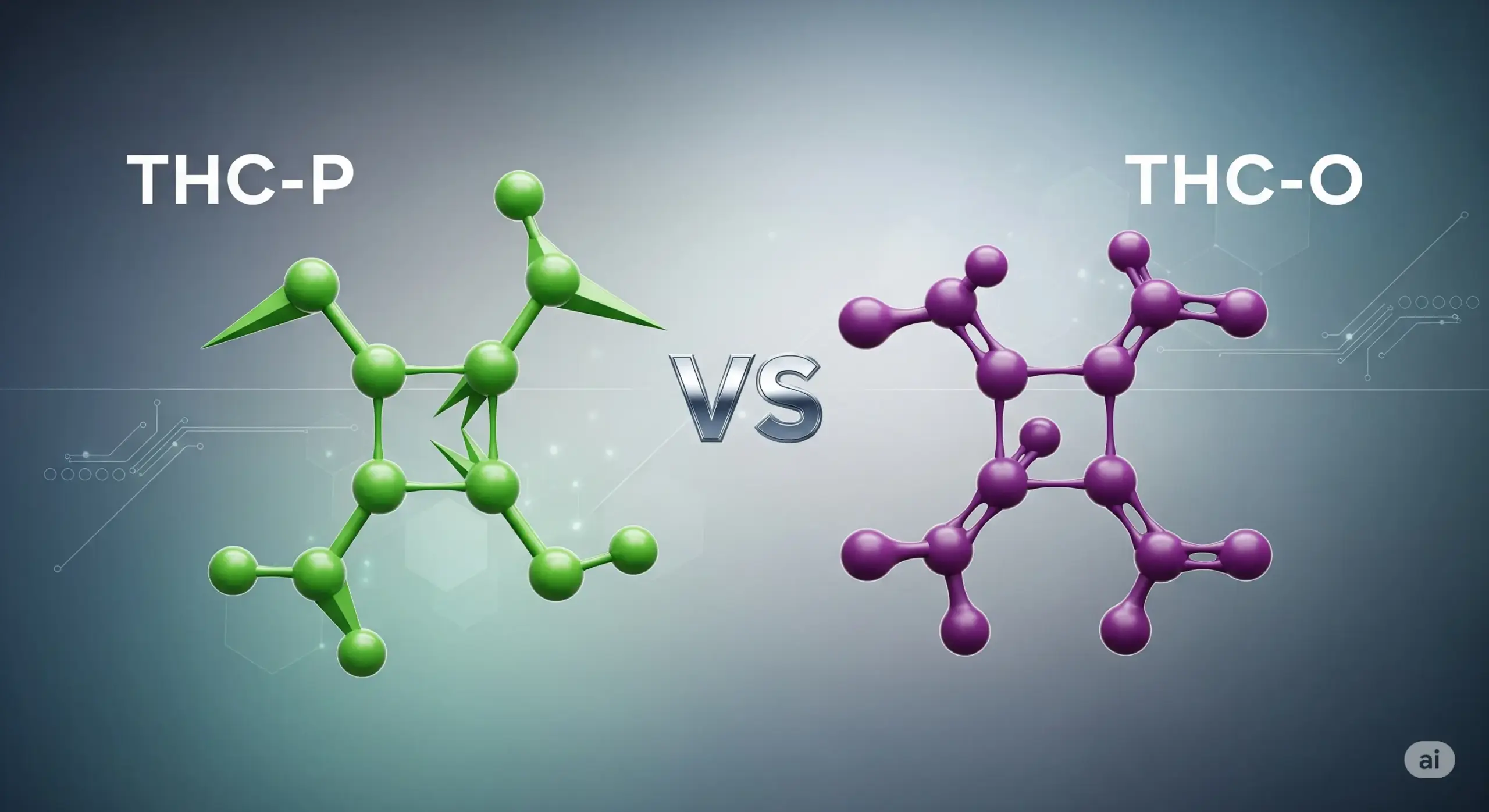
How to get weed out of your system? Well, let’s chat about that. Weed, marijuana, cannabis, whatever you call it, it’s that green little leaf that can make you feel on top of the world. But, yeah, there’s a catch. Its psychoactive friend, THC, can linger in your system longer than you’d expect. Whether you’re facing a drug test or just looking to detox, understanding how THC does its thing inside your body might be the first step in your journey.
This post is intended as information and for general knowledge only. It is not a substitute for medical advice, diagnosis, or treatment. It is recommended that you talk to a healthcare professional about this before introducing cannabinoids into your daily routine (especially if you have been diagnosed with any medical conditions or are under any medication). It is not recommended to drive or operate any machinery when using hemp-derived products. Use responsibly!
Understanding Marijuana and Its Effects on the Body
THC, or tetrahydrocannabinol, is the elusive buddy within marijuana that makes it what it is. A real game-changer. It’s psychoactive. It’s in charge of the high. Once THC enters your system, it doesn’t just disappear. Oh no. It finds its way into the body’s fat cells and settles in like it’s on a vacation.
The effects of marijuana vary. Short-term use? It throws you into a euphoric state. Relaxation and altered senses, almost magical. But long-term tugs a different rope. Consistent use may impact both physical and mental health. Cognitive functions might not remain as sharp, and catching some z’s becomes a tricky puzzle. Sounds scary? Yeah, it can be.
The Science Behind Drug Testing and Detection Windows
Now, the dreaded drug test – that looming shadow. Urine, blood, saliva, and hair. Each with its own time frame. Urine tests are the most popular. THC metabolites can show up in urine for days, sometimes weeks, depending on your usage. Saliva and blood tests? Well, they have shorter detection windows. Hair tests? Those can be a real nightmare, capable of detecting THC for months. Watch out!
Detection windows hang on factors like frequency of use, your metabolism, and even your body weight. Trust me, everyone’s different. It’s a roulette. Positive drug tests can have lasting consequences on employment opportunities and legal affairs. That’s not fun, is it?
Exploring the Detoxification Process
Detox. Such a buzzword. But what does it really mean for marijuana? The body’s natural detox process is like the turtle in the race. Slow but steady doesn’t always win here. The liver and kidneys filter stuff out. But THC loves fat, and shedding it takes time.
Traditional detox methods pop up like a box of chocolates. You’ve got cranberry juice, detox drinks, or just good ol’ hydration. Each promising the world, myths mingling with facts. Spoiler alert: not all deliver results.
Effective Detox Methods: What Works and What Doesn’t
We’ve scanned the internet, tried the remedies. But what works? Evidence-based strategies can’t be ignored if you want THC out of your system. Sure Jell, detox drinks, and a diet change might be your arsenal. Sure Jell, a staple for some as an urban myth, is often touted. But, how effective? Who knows?
Physical activity and diet are like peanut butter and jelly. Muscle burn equals more fat burn. So, exercise? That’s your ally. Detox pills like Detoxify Mega Clean exist too. Their effectiveness? That’s up for debate.
The Role of Addiction Treatment and Support
Addiction treatment is vital for anyone with a marijuana dependence. Yes, it’s a reality stranger than fiction. Cognitive-behavioral therapy and motivational interviewing stand as stalwarts in addiction treatment. Conversations. Guidance. Who knew talking could be so helpful?
Support groups are like family. Connections are forged to help manage marijuana use disorder. Mental health support during detox? Sometimes, peace of mind is the best medicine.
Navigating Withdrawal and Its Challenges
Withdrawal isn’t a walk in the park. Symptoms like irritability, sleep difficulties, or cravings make up the fiendish crew. Duration can vary, too. But why does withdrawal sting so bad? It’s both physical and psychological. A double-edged sword.
Coping strategies need a spotlight here. Breathing exercises, staying active, eating well, or even picking up a new hobby. For severe cases, professional help isn’t a luxury, but a necessity.
Long-Term Considerations and Lifestyle Changes
Quitting marijuana or cutting back has benefits. Mental clarity, better sleep, more energy. Who wouldn’t want that? Mindfulness and stress management become your tools against relapse. It’s not just a detox; it’s a lifestyle overhaul.
Cannabis legislation is shifting the mindset. It’s changing the landscape, altering societal perceptions. Being weed-free in this world is a choice, an informed decision, a bold step.
All right, that’s a wrap. Weed out of your system isn’t a small feat but knowing these elements helps you navigate through the whole thing. Stay informed, stay healthy, and remember, sometimes the hardest thing and the right thing are the same. That weed journey is full of ups and downs, but you’re equipped now, aren’t you?
Also Interesting:
Best OG Strains: A Comprehensive Guide to Top OG Marijuana Varieties
Best Strains for Racing Thoughts
The Dangers of Moldy Weed: Risks Identification and Prevention
